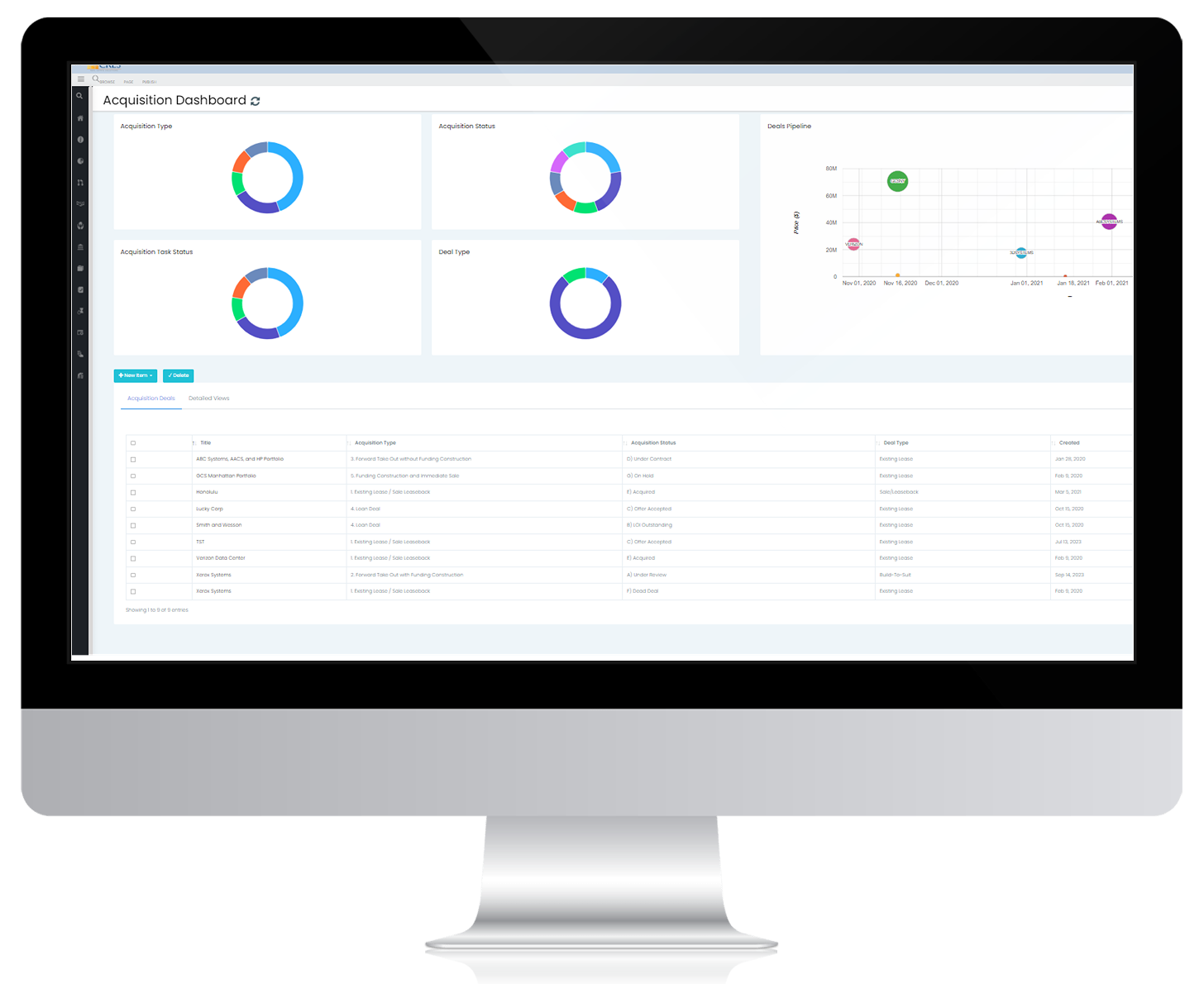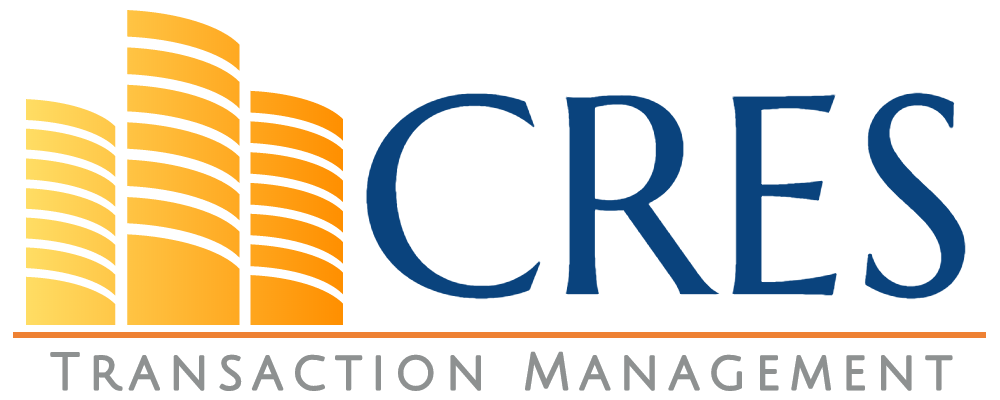
Real estate transaction management refers to the process of managing and coordinating the various elements involved in asset acquisition and disposition. It encompasses a wide range of due diligence activities, document sharing among buyers and sellers, the finalization and execution of asset sales, and other relevant agreements.
Key Components of Transaction Management Process
- Due Diligence: This involves the thorough investigation of a property’s legal, financial, and physical aspects. Due diligence activities include title searches, property inspections, environmental assessments, and other applicable activities based on asset type.
- Document Sharing: Efficient sharing and management of documents are crucial in real estate transactions. This includes contracts, property records, and other legal documents that need to be reviewed between the parties, to facilitate due diligence processes.
- Agreements: The finalization of sales agreements, lease agreements, and other legal contracts is a pivotal step in the transaction process. It involves negotiations, drafting, and execution of agreements between buyers, sellers, and other stakeholders.
Challenges of Traditional Real Estate Transaction Management Process
- Due Diligence: Buying and selling properties involves lots of complex activities, which must be carried out accurately, consistently, and responsibly to protect your investment. Traditional methods of performing due diligence rely on the individual buyer and seller’s experience level, to ensure that nothing falls through the tracks. There is a lack of centralized tracking of due diligence activities and their outcomes.
- Paper-based Processes: The reliance on physical documents often leads to delays, misunderstandings, and increased administrative costs.
- Lack of Transparency: Traditional methods lack transparency, making it difficult for all parties involved to have a clear overview of the transaction process.
- Communication Gaps: Inefficiencies in communication can result in misunderstandings, disputes, missed opportunities, and prolonged transaction timelines.
How Technology Can Help Improve Real Estate Transaction Management
With recent advancements in technology such as cloud-based systems and document repositories, workflow automation, and data analytics, real estate companies can dramatically improve transaction speed, accuracy, and decision-making processes.
Key Components of Modern Transaction Management Software

- Workflow Management: Facilitates due diligence processes by providing a structured framework for tasks based on deal types, as well as contract negotiation process, thus ensuring successful acquisitions and dispositions.
- A Centralized Dashboard: Offers a unified platform for all stakeholders, providing real-time visibility into the transaction’s status and progress.
- Contract Management Lifecycle: Manages contracts from drafting, to contract negotiation, to execution, and archival: ensuring compliance and reducing legal risks.
- Document Exchange Tools: Secure platforms for efficient sharing and access management of documents between buyers, sellers, and other involved parties.
Benefits of a Modern Real Estate Transaction Management System
- Time Efficiency: Technologies employed in a Modern Transaction Management System reduce processing times, accelerating the overall transaction lifecycle.
- Cost Savings: Automation and digitization reduce the need for extensive paperwork, minimizing administrative costs.
- Enhanced Security: Secure data storage systems ensure the integrity and confidentiality of sensitive transaction information.
- Improved Collaboration: Centralized platforms promote collaboration among all stakeholders, reducing communication gaps.
Integration and Adoption Challenges
- Legacy Systems: Integration with existing systems can be challenging, especially for real estate firms using legacy methods and processes. A modern Real Estate Transaction Management tool must allow integration with existing systems.
- Resistance to Change: It is human nature to resist change, as many industry professionals may resist adopting new technologies, preferring traditional methods, because that’s what they’ve been used to. Strong sponsorship and user education can alleviate this obstacle.
Conclusion
As technology continues to evolve, its transformative impact on real estate transaction management becomes increasingly evident. Embracing a modern Real Estate Transaction Management solution that meets the criteria, not only addresses the challenges of traditional processes but also brings about efficiency, transparency, and enhanced collaboration. Like always, staying abreast of technological advancements is not an option but a necessity for real estate professionals and owners.
How we can help:
CRES Transaction Management offers an automated solution for real estate acquisitions and dispositions so you can easily manage your transaction processes, data, and documents.

Many of our clients had difficulty managing their acquisition and disposition transaction processes and related documents. They needed a system that helped them manage transactions, facilitated due diligence, tracked contacts, and allowed them to analyze and share bulk documents easily with buyers and sellers. That’s where CRES Transaction Management came in.
CRES Transaction Management has fully customizable acquisition and disposition management life cycles. Our Workflow Automation Framework helps manage any deal or initiative involving real estate, people, and processes. It facilitates due-diligence tasks and investment committee approvals to simplify transaction processes. CRES also allows you to bulk import and export transaction documents. It allows you to maintain transaction-related issues in a centralized manner. You can maintain your deal contacts with your transaction record. CRES automatically drafts transaction announcements for distribution.
About Irfan Butt

CRES Technology – Founder and CEO
A strategic leader with over twenty years of progressive experience in Business Administration, Finance, Product Development, and Project Management. Irfan has a proven track record in a broad range of industries including hospitality, real estate, banking, finance, and management consulting.